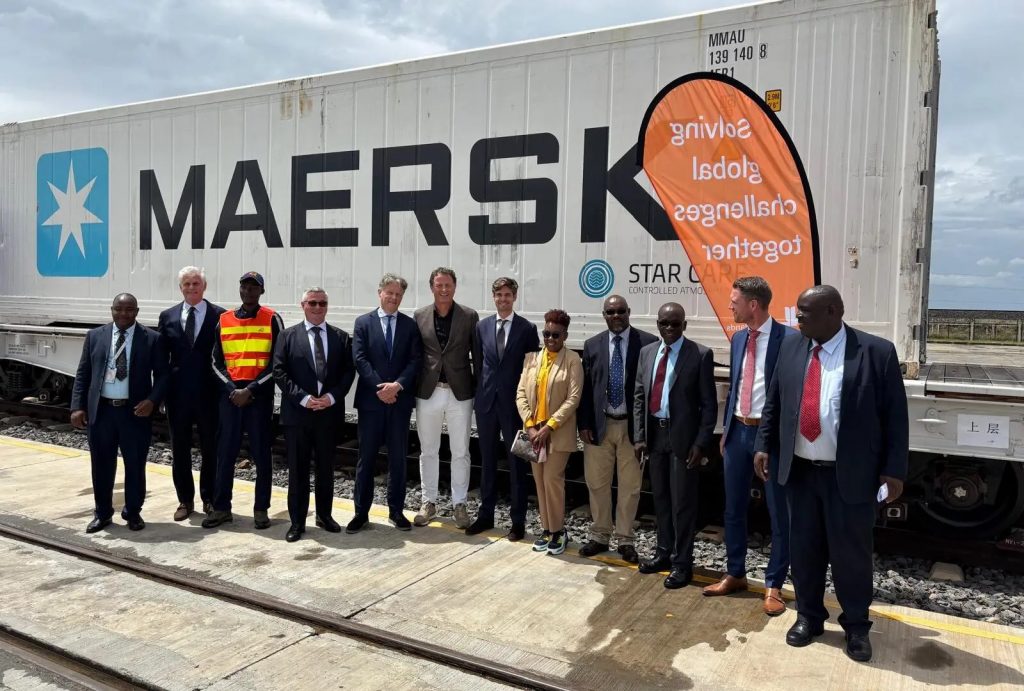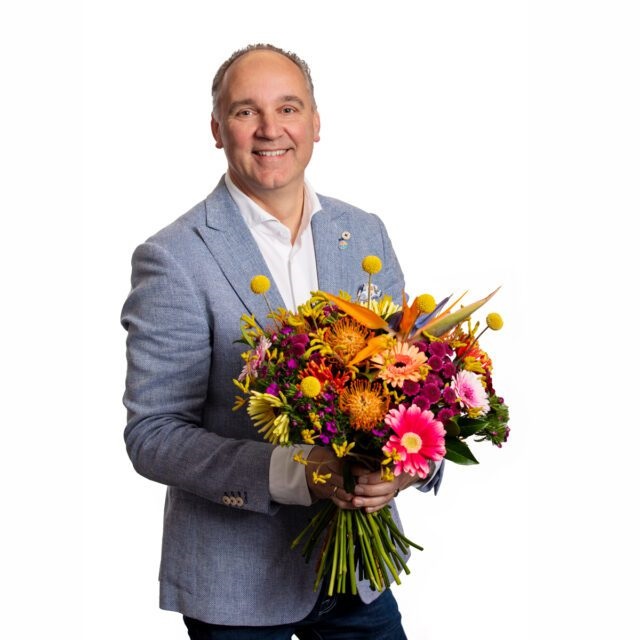
They are a leader in transporting flowers by sea. Before the Red Sea route was disrupted, DFG moved about 260 containers of roses annually to Europe. Jan van Dam, CEO of Dutch Flower Group, explains that shipping flowers in containers reduces CO₂ emissions by 80 to 90 per cent compared to air freight. This enables the company to explore rail transport in Kenya as a greener, cost-effective option for deliveries to Mombasa port.
DFG began establishing international routes as early as 2008. They started shipping flowers from Colombia to countries including the UK and the Netherlands. By 2023, they had sent their 10,000th container from Colombia to the Netherlands. They also gained significant experience in transporting Kenyan flowers.
Jan van Dam highlights that DFG has spent decades making the supply chain more sustainable. The company partners with growers to invest in greener transport options. Their goal is to run a supply chain that is efficient and environmentally friendly, aligned with their mission to create a happier, greener world.

Marcel Zandvliet, DFG’s Chief Marketing and Sustainability Officer, emphasises the impact of high-volume sea shipments. Moving flowers by sea significantly lowers emissions. Depending on the destination, CO₂ equivalents can be cut by up to 90 per cent compared to air freight.
In March, DFG marked two key milestones in sea flower transport. In Colombia, the 10,000th container from Capiro reached the Netherlands.
Capiro’s flowers, including chrysanthemums and alstroemerias, have been shipped by DFG for many years. The special container was styled to celebrate this milestone and was delivered to The Floral Connection’s procurement team, with flowers of high quality once again confirmed.
In Kenya, DFG’s efforts focus on shifting from air and road to sea and rail. This forms part of their IMPACT2030 sustainability plan. From the Kenyan grower Nini, flowers travel through a fully conditioned chain from farm to customer. Nini has a strong reputation for sustainability, holding standards like Fairtrade, GLOBALG.A.P., MPS, and KFC, and following the FSI Basket of Standards.
The recent trial shipment saw several partners work together. Nini supplied the flowers, while Dutch Flower Group handled import and export. Maersk managed shipping and logistics. Kenya Railways transported the container, which left Naivasha Inland Container Depot. It arrived the same day at Mombasa port. The container is now en route to Rotterdam.
Special thanks go to the Netherlands Agricultural Network in Kenya and Tanzania, along with Bart Pauwels and Angela Swinkels from the Dutch Embassy.
